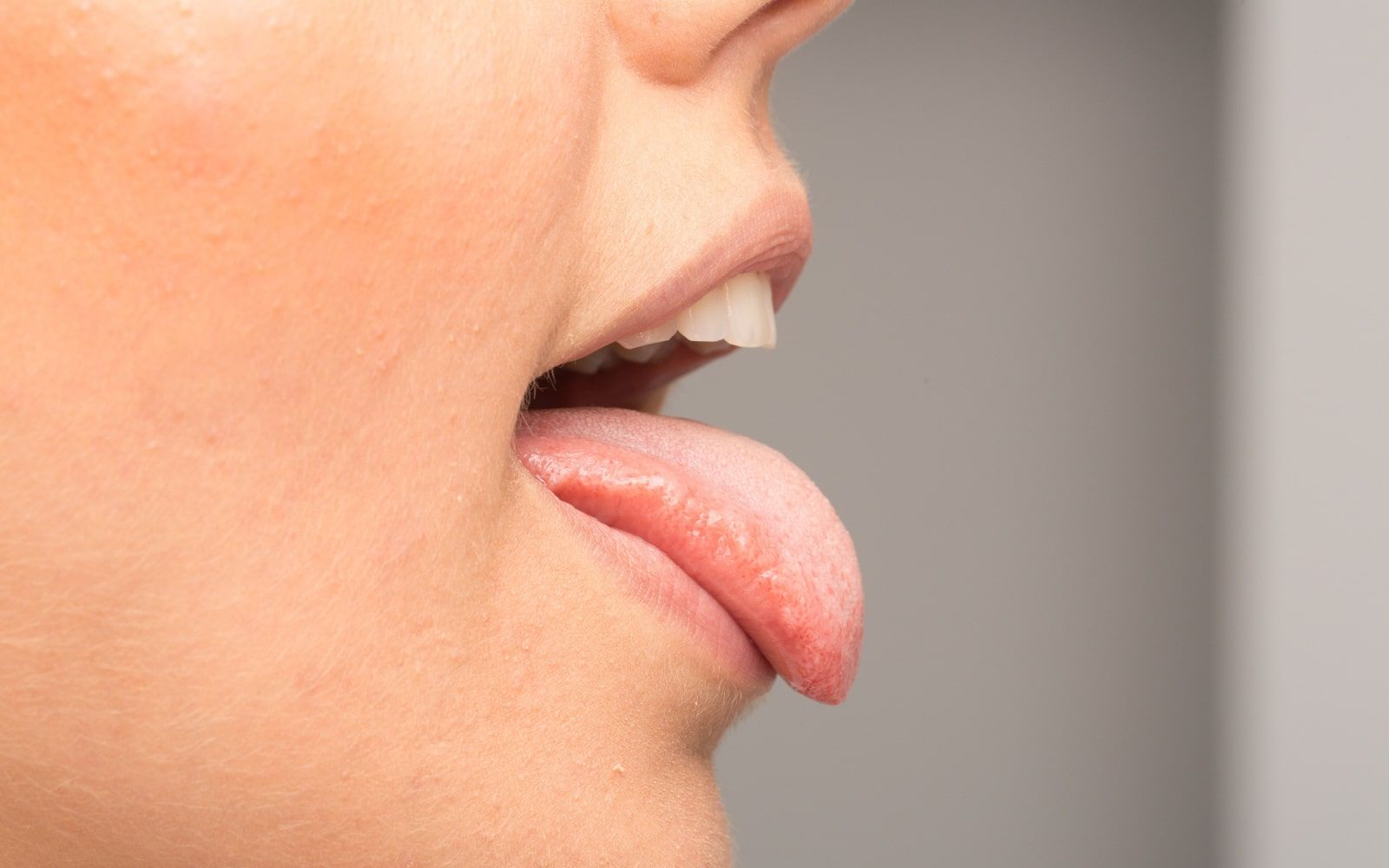How Salivary Gland Disorders Affect Your Oral Health

Good oral health doesn’t just mean having a radiant smile; it’s about ensuring that every aspect of our mouths functions properly. At Summit Dental Group, your oral health includes areas such as the salivary glands. Our salivary glands are just as vital as our teeth and gums, and when salivary gland disorders develop, they can significantly impact your oral health and quality of life. In this article, we’re going to briefly explain these disorders, their symptoms, and the effects they can have on your oral health.
What Are Salivary Gland Disorders?
Salivary gland disorders are a group of diseases that cause inflammation and affect the function of the salivary glands. The salivary glands allow our mouths to produce saliva, which helps the mouth maintain moisture and wash away harmful bacteria from the mouth. These disorders can lead to either an increase or decrease in saliva production. Some of the most common salivary gland disorders include:
- Sjögren’s Syndrome: This autoimmune disorder causes reduced saliva and tear production. It often presents symptoms such as dry mouth, eyes, fatigue, and joint pain.
- Salivary gland stones: Also known as sialolithiasis, these calcified deposits form within the ducts of the salivary glands and can obstruct saliva flow, leading to swelling, pain, and infection.
- Salivary gland infections: Bacteria or viral infections can cause inflammation and infection to the salivary glands, with the most common type being sialadenitis or mumps.
- Salivary gland tumors: These abnormal growths can develop within the salivary glands, be either benign or malignant, and can cause swelling, pain, difficulty swallowing, and changes in facial muscle function.
Because saliva plays a crucial role in our oral health, maintaining your oral health is essential, as it can lead to difficulties with tasting, chewing, swallowing, and speaking. These disorders can also increase the risk of dental cavities and other oral infections. When you visit your dentist, your dentist will be able to provide you with various treatment options, including:
- Medications: Your dentist may be able to prescribe medications to help manage your condition or remove the infection from your salivary glands.
- Salivary Gland Stimulation: Your dentist may be able to provide you with techniques to help stimulate the glands to alleviate your dry mouth and enhance saliva flow.
- Salivary Gland Stone Removal: If salivary gland stones are present, your dentist may be able to remove the stone and extract it from your glands manually.
- Salivary Duct Dilation: If the ducts of your salivary glands are narrowed or obstructed, certain procedures can be performed to dilate the ducts and improve saliva flow.
- Specialist Referrals: In cases where the issues are more complex, your dentist may refer you to an oral and maxillofacial surgeon specializing in salivary gland disorders.
Visit Summit Dental Group For A Consultation Today!
At Summit Dental Group, we work to provide comprehensive care to manage these disorders and minimize their impact on your oral health. Dr. Brian Schowengerdt and the team at Summit Dental Group are committed to providing compassionate and comprehensive care for all your oral health needs. We are located at Lees Summit, MO. To schedule an appointment or for any other inquiries, please get in touch with us at (816) 524-3535. Your health is our priority, and we are here to support you every step of the way.
